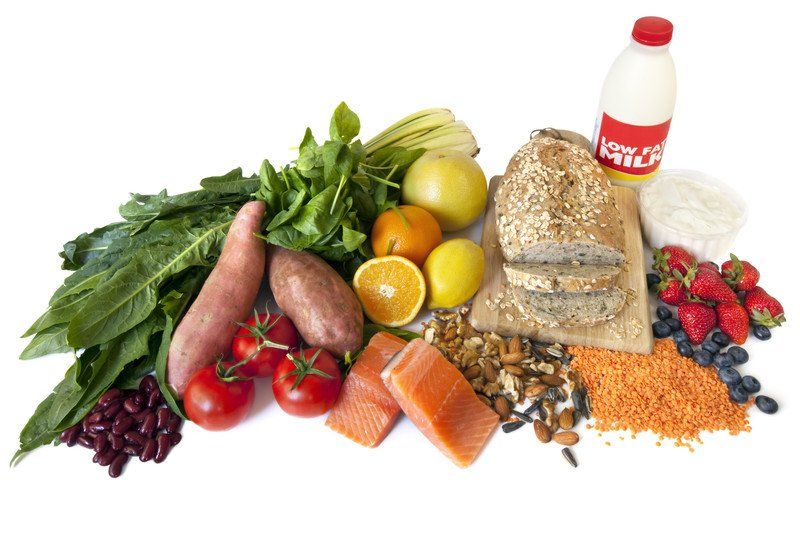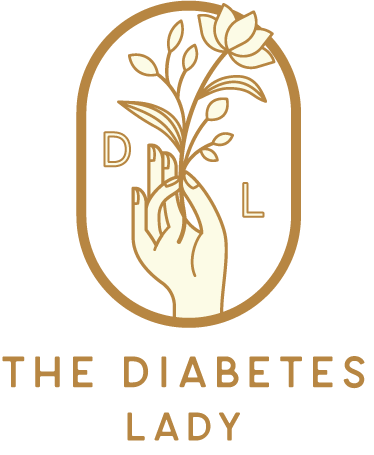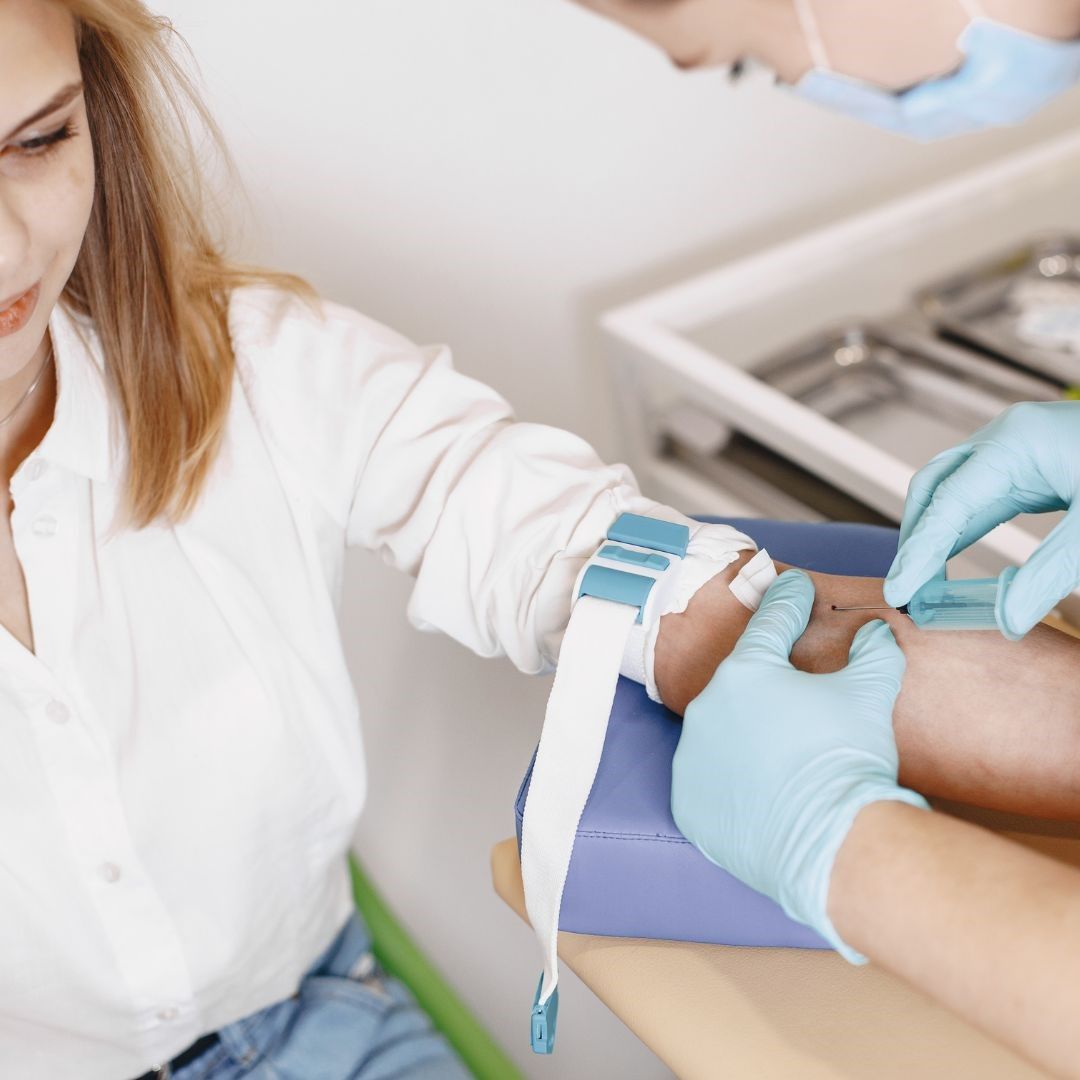What can I eat?
Maureen Chadwick

As a Healthcare Professional we sometimes do not help, there are those who tell you to cut out named foods and those that say there is nothing a person with diabetes cannot eat – WHAT!!
How does this help you?
The biggest and most expensive mistake you will make is to buy food that is marked DIABETIC!
The reason for this is they are generally higher in fat and the substitute sugar used, if you eat large qualities will have you running to the loo with the trots!
This includes chocolate – have dark chocolate high in Cocoa and small amounts after a large meal. Ice-cream go for the low fat, reduced sugar option.
My biggest annoyance is when walking round a Farmers Market or Craft Fair, the local cake maker or baker with good intentions, who has slaved over the oven to sell their goods as ‘Diabetic Cupcakes/Victoria Sandwich or tea loaf’!
How can a cake for a start have diabetes?
What these cakes will be most probably be is reduced sugar cakes? The flour used is a carbohydrate that is converted into glucose via the body raising your blood sugar.
Back to Basics
Going back to basics, our bodies converts carbohydrates or sugars into glucose via insulin which we either produce naturally or administer via injection. If we ingest too much carbohydrate or sugar, then our body will convert the excess glucose to muscle but most probably fat.
If your blood sugar drops the body will convert the stored fat or muscle back to simple glucose for energy. Now this is can be a fine line.
Diabetes Healthcare Professionals talk about complex carbohydrates and by this we mean unrefined carbohydrates or starchy food that take longer to digest, sometimes referred to as having a low GI, all this means is that it stays in the digestive system for longer.
When the body takes longer to digest complex carbohydrates, we remain fuller for longer and blood sugars rise slower, giving you overall better blood sugar results. This does not mean you can binge on them.
I am one of those Healthcare Professionals, who believes there is nothing a person living with diabetes cannot eat, with care and attention.
The advice given to someone with diabetes regarding food and lifestyle is no different than a person without diabetes.
Regular eating habits
Three meals a day, going no longer than 4 to 5 hours between each meal.
Breakfast being the most important meal of the day.
Try to avoid fast food, fried food, convenience foods, look at labels follow the 5 in 100, ruling when looking at fats and sugars (no more than 5g per 100g).
Eat foods low in salt, cook vegetables without salt and add it afterwards, if needed.
If you are trying to lose weight eat from a smaller plate, such as a side plate rather than a dinner plate because dinner plates are oversized and take a lot of food to fill.
Experiment with herbs and spices for taste and flavours, you will surprise yourselves.
Dietitians use the 3-way rule, divide a plate into 3, fill each third with meat or protein/ carbohydrate or starch/ veg or fruit.
I hope this helps. Any questions just ask (getintouch@thediabeteslady.com or book an appointment) otherwise until next time.



